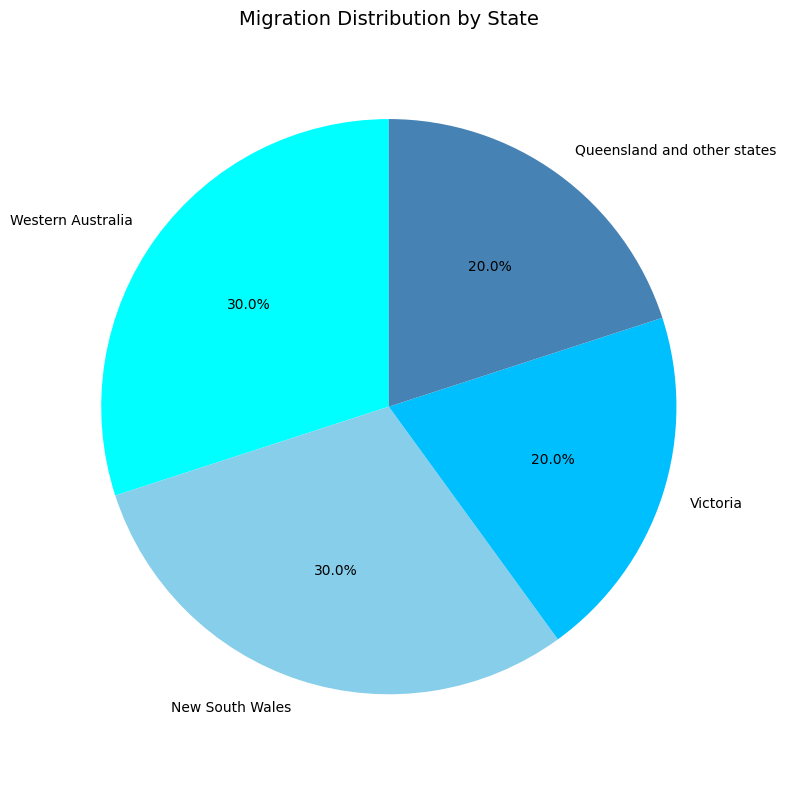Trade Qualifications in Australia: Your Complete 2025 Guide to High-Demand Skills
Trade Qualifications in Australia: Your Complete 2025 Guide to High-Demand Skills
Are you considering a trades career in Australia? Your timing couldn’t be better. With the Australian trades sector facing significant skills shortages and the recent introduction of the Skills in Demand Visa in late 2024, opportunities are abundant. Let’s explore your pathway to success.
High-Demand Trade Areas in 2025
Did you know that Automotive Technicians in Australia are earning between $90,000-120,000? The industry is evolving rapidly, and here’s what you’ll need:
- Traditional mechanical expertise
- Digital diagnostic capabilities
- Electric Vehicle (EV) specialisation
- Advanced Driver Assistance Systems (ADAS) knowledge
Recognition of Trade Qualifications
Wondering how your overseas qualifications measure up? Here’s what you need to know:
- Skills assessment process
- Recognition of Prior Learning (RPL) pathways
- Trade qualification equivalency guidelines
- Required documentation and certification processes
New Visa Pathways for Skilled Trades (2025 Update)
The landscape has changed – here’s your updated guide:
- Skills in Demand Visa (formerly 482) overview
- Regional opportunities under DAMAs
- Employer sponsorship options
- Fast-track processing for priority skills
- Regional opportunities under 494 (Skilled Employer Sponsored Regional) visas
Regional Employment Opportunities
Where are the jobs? Our placement data shows:
- Western Australia (30%): Mining sector growth, Infrastructure projects, Resource industry demand.
- New South Wales (30%): Construction boom, Infrastructure development, Manufacturing hubs.
- Victoria (20%): Automotive industry, Advanced manufacturing, Technology integration.
- Queensland and other states (20%): Agricultural technology, Tourism infrastructure, Regional development projects.

Regional Employment Opportunities
Industry-Specific Requirements
Before you start your journey, ensure you understand:
- Workshop standards and compliance
- Australian safety regulations
- Equipment certification requirements
- Language proficiency guidelines
Success Path: From Qualification to Employment
Let’s break down your journey:
- Step-by-step application process
- Required documentation
- Timeline expectations
- Support services available
Ready to begin your trades career in Australia? We at Blue Collar Skills achieve a 99.9% visa success rate and maintain strong connections with employers nationwide. Reach out today, and let’s discuss your journey to working in Australia.
Sources: Department of Home Affairs (2024-2025)
Australian Industry and Employment Data (2025)
Trade Recognition and Qualifications Framework (2025)
Date posted: April 23, 2024


